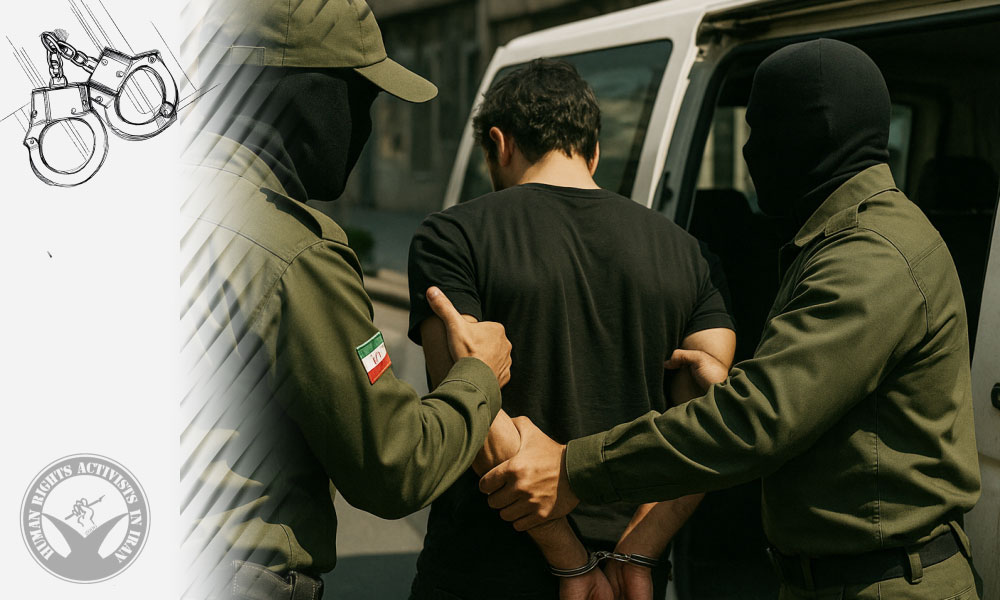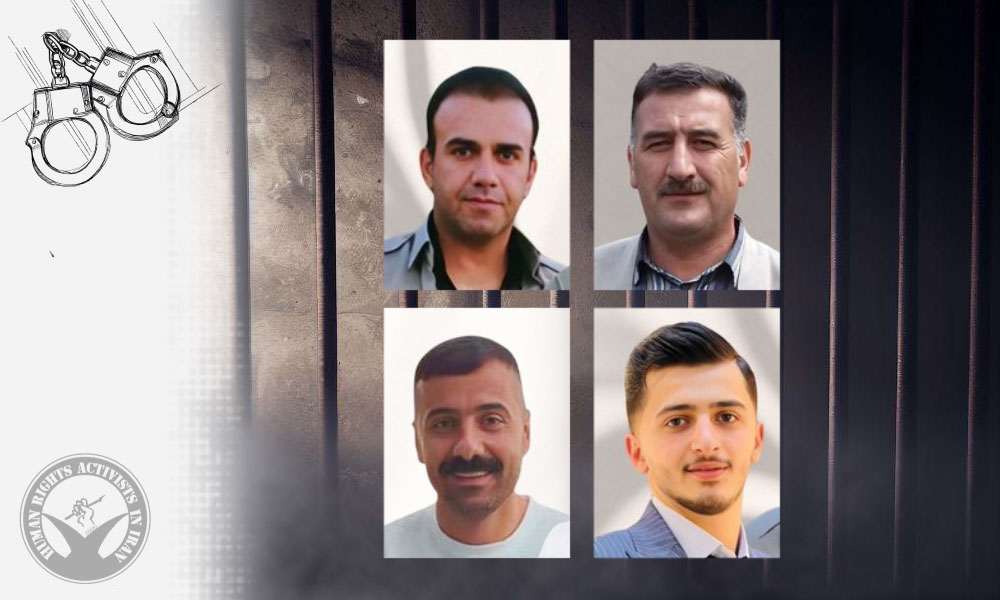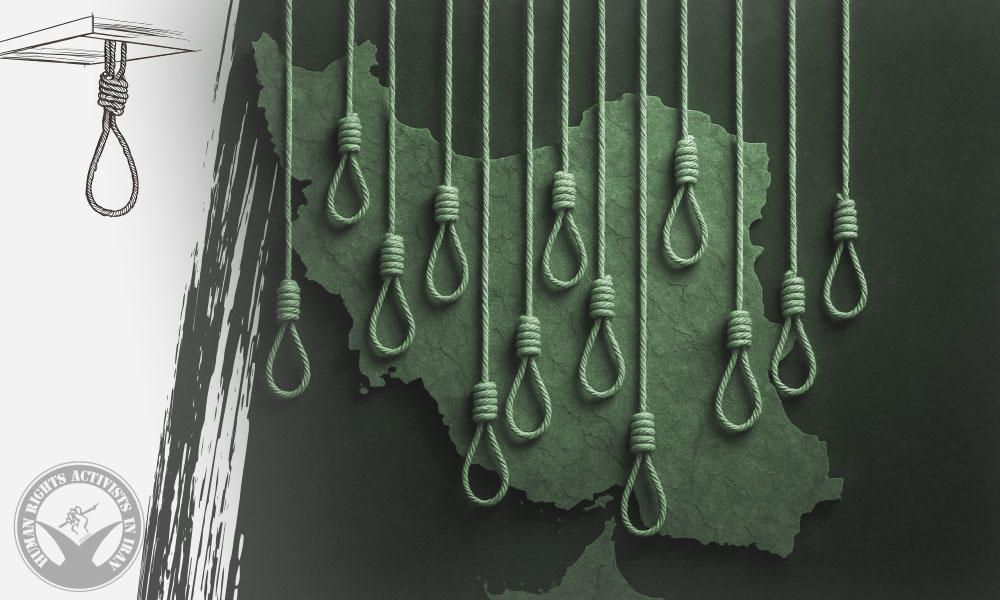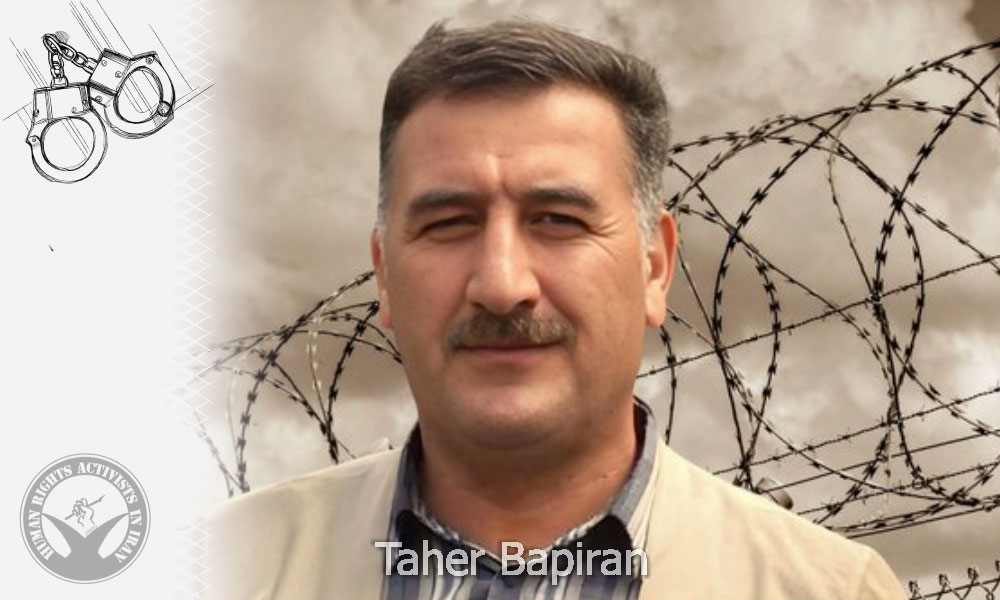HRANA – Many political and religious prisoners in Iran have endured over twenty years behind bars. To prevent their cases from fading from public memory in the flow of daily news, HRANA has launched a series of reports highlighting their situations. Each installment outlines the prisoner’s legal case, detention conditions, access to rights, and immediate needs.
In this report, HRANA, the news arm of Human Rights Activists in Iran, examines the latest situation of Nazem Barihi after two decades of imprisonment.
Profile Information
• Name: Nazem Barihi
• Year of arrest: 2005
• Charges: “acting against national security, moharebeh (enmity against God), and corruption on earth”
• Initial sentence: life imprisonment
• Current sentence: life imprisonment
• Place of detention: Initially held in Karun Prison, Ahvaz; currently in Ward 5 of Sheiban Prison, Ahvaz.
• Furlough/access: No furlough reported in recent years; limited access to family and lawyer.
• Current status: Still serving a life sentence, despite legal changes that could allow for review or commutation.
Case History and Judicial Process
Nazem Barihi, born in 1986, was arrested by security forces in October 2005. Soon after, Branch 1 of the Ahvaz Revolutionary Court sentenced him to life imprisonment on charges of “acting against national security, moharebeh, and corruption on earth.”
This sentence placed him among prisoners serving indefinite terms, effectively prolonging incarceration for many years while limiting opportunities for judicial review.
Key Points in the Process
• Severe security charges: The charge of moharebeh is one of the gravest in Iran’s political-security cases, usually carrying harsh judicial and executive consequences.
• Continued imprisonment despite legal changes: Although amendments now allow for retrial, commutation, or conditional release in some cases, Mr. Barihi remains imprisoned.
Detention Conditions and Transfers
During his imprisonment, he has been held in Karun and Sheiban prisons in Ahvaz. After sentencing, he spent several years in Karun Prison. Reports indicate that in February 2019 and January 2025, he was subjected to verbal abuse and violence by Sheiban Prison officials. In January 2025, after protesting the authorities’ failure to uphold the principle of separation of crimes, he was threatened with solitary confinement or exile to remote prisons. Since then, he has remained in Sheiban Prison.
Observations on Standards of Detention
• Repeated transfers: Moves between wards and prisons disrupt access to family, lawyer, and medical services.
• Exposure to violence: In February 2019, Sheiban officials exploited prisoners’ religious differences and ignored separation-of-crimes standards, leading to pressure and violence against him.
• Denial of medical treatment: Despite suffering from a skin condition during his two decades in prison, he has been repeatedly denied hospital transfer and specialist treatment under various pretexts. Denial of medical care violates the right to health and life, and amounts to inhuman treatment often used as a means of further repression.
Access to Family, Lawyer, and Furlough
In recent years, Mr. Barihi has not received furlough, and his access to family and legal counsel remains restricted. Such limitations not only affect his psychological and social well-being but also hinder his right to mount an effective defense and pursue retrial mechanisms.
Potential Legal Avenues (General Recommendations)
1. Request retrial based on new evidence or procedural/substantive flaws in the verdict.
2. Seek commutation or conversion of the sentence if legal grounds exist.
3. Evaluate eligibility for parole or suspension of sentence (considering time served, conduct, and health).
4. Pursue remedies for violations in prison, including denial of medical care, exposure to violence, and restricted visits.
5. Engage international human rights mechanisms if domestic legal routes remain blocked.
Timeline Summary
• 2005: Arrest; charged with “acting against national security, moharebeh, and corruption on earth.”
• Initial sentence: life imprisonment.
• Post-sentencing: several years in Karun Prison, Ahvaz.
• Feb 2019: Reports of assault linked to failure to enforce separation of crimes in Sheiban Prison.
• Jan 2025: Threatened with solitary confinement or exile after protesting the same issue.
• Recent years: No furlough, inadequate medical care, restricted family and lawyer access.
• Current status: Still serving life sentence, despite potential eligibility for legal review.
Conclusion and Need for Review
Although legal changes could enable retrial, commutation, or release for those charged with moharebeh, Mr. Barihi remains in prison. His case highlights both the long-term use of harsh security sentences and the urgent need for consistent review of such cases.
His file underscores the dual challenges of denied fundamental rights in prison (furlough, visits, legal counsel) and the necessity of utilizing all domestic and international mechanisms to secure a reduction of his sentence and eventual release.
Urgent Needs
• Regular and non-discriminatory access to family and lawyer.
• Independent medical evaluation in light of reported violence and ongoing health issues.
• Review of retrial or other legal mechanisms for reduction or suspension of sentence.
• Enforcement of prison regulations regarding contact, visits, and furlough.
• Access to proper medical services and treatment.
About this Series
This report is part of the “Two Decades Behind Bars” series, which aims to document the cases of long-term prisoners and to highlight the collective responsibility to ensure their visibility and pursue their rights.







